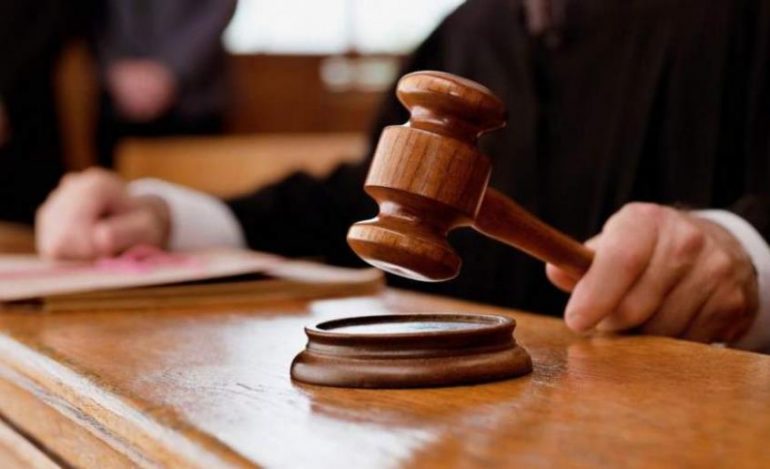The Supreme Court overturned the first-instance verdict and acquitted a high school teacher convicted of child sexual abuse and indecent assault, who had been acquitted of most charges during his trial, as three other schoolgirls did not testify before the Court of First Instance. .
According to the decision, the accused-teacher during a lesson, around mid-October 2014, sexually harassed a 12-year-old student, who I had gone to the headquarters to help her paint. In fact, the accused had told her that she was very beautiful and asked her to make her portrait, with the student refusing.
The obscene attack on the 12-year-old was noticed by a classmate, who then called her mother and told her what had happened, a few days before.
The accused was sentenced to twelve months in prison for indecent assault and sexual abuse of children, minor girls, classmates. However, the convict appealed his conviction as non-existent.
The case before the Court of First Instance involved twelve charges against the teacher, with four juveniles complaining, who had given video recordings, which were presented at the hearing.
At some point in the hearing, shortly before the Prosecution concluded its case, all the charges against the defendant, with the exception of the 12-year-old, were dropped.
A representative of the Prosecution Authority told the Court that one of the complainants had moved abroad permanently and that two other complainants did not wish to appear in court and testify "in view of the long time elapsed since the date of their complaint".
Therefore, following instructions from the Attorney General, an oral suspension of the criminal prosecution was announced in relation to the first ten charges, which concerned the three complainants.
Extensive testimony was brought before the Court of First Instance, in the form of videotaped testimonies of minors, which was directly related to the alleged, similar, illegal behavior of the accused, namely sexual abuse and obscene attacks against other students.
As it is reported, "the accused was stigmatized through the specific video material as" abnormal "," sex addict "and a person who committed a series of crimes of the same nature as the ones being tried, against minor girls, in the same place and at about the same time".
However, the Supreme Court found that it is easy to see that "the seed of doubt is wandering", indicating that condemnation is permissible only when it emerges, safe, as a result of a crystalline and without reasonable doubt judicial conviction.
As it states in its subversive decision, the interruption of part of the present criminal trial involved foreseeable risks for the rights of the accused and visible adverse consequences in the criminal proceedings that took place.
"We only add that the auxiliary position of the Defendant's side, according to which the testimony contained in the visualized testimonies was not irrelevant, even after the cessation of the prosecution in the ten charges, but could be accepted as evidence of similar events, is legally unfounded and potentially dangerous in terms of the fundamental rights of the Appellant. The indisputable fact is overlooked that these allegations, the evidence, as it was described, did not suffer the burden of the inquiry and therefore could not be accepted as evidence to draw such findings. "
Source: reporter
